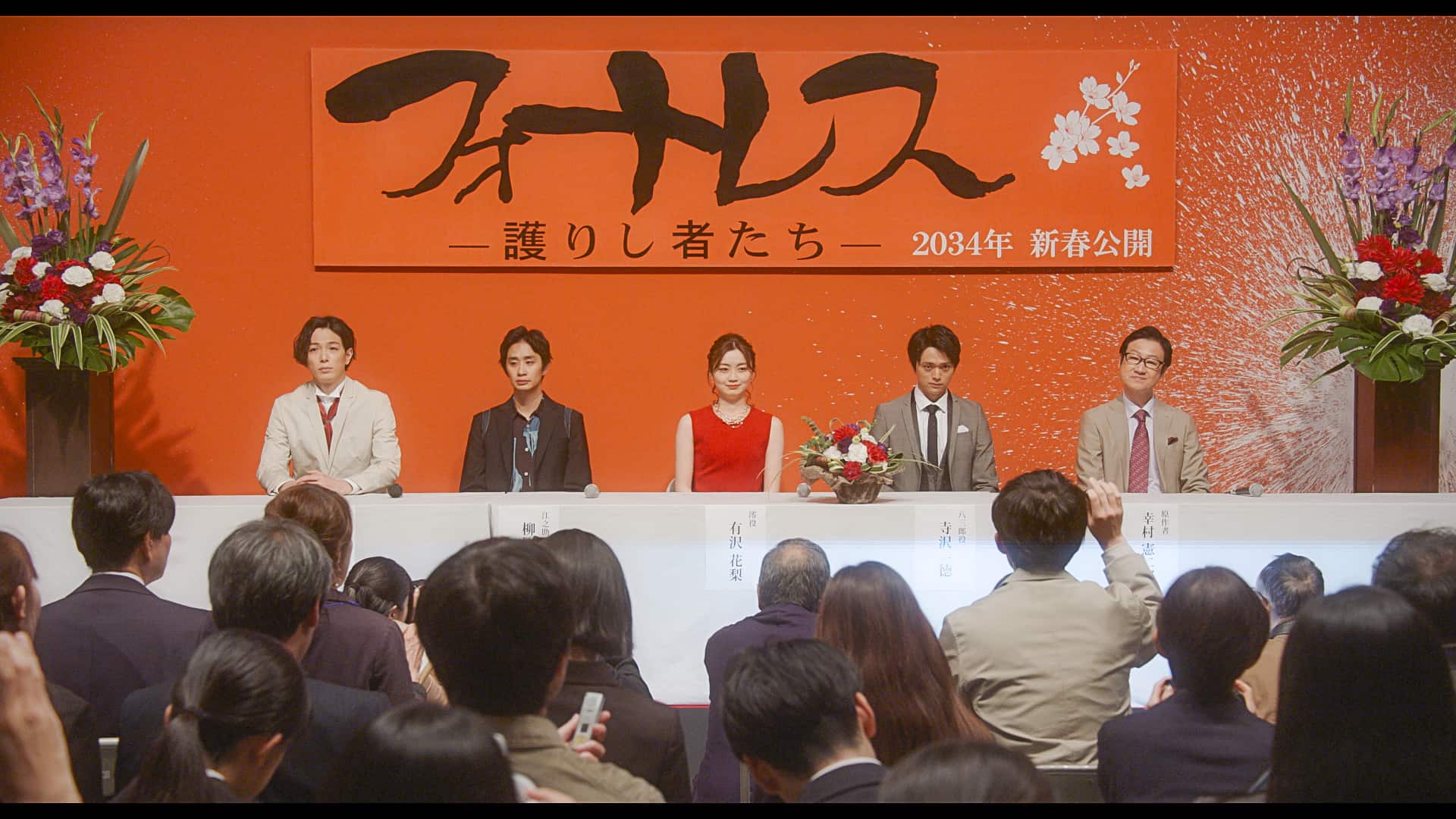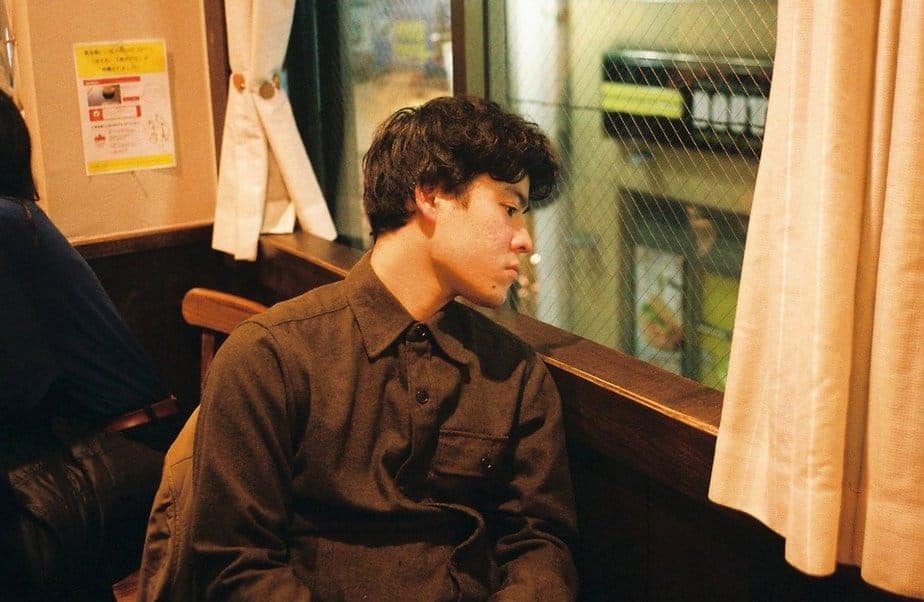The hardships immigrant workers face all over the world have been the main topic of a plethora of movies, both documentaries and fiction. Dania Bdeir, however, presents a truly unique perspective (both metaphorically and literally) on the issue, through a rather intelligent approach.
Warsha is screening at Red Sea International Film Festival

Mohammad is a Syrian builder in Beirut, who is struggling with the fact he cannot get any privacy, since his living with a number of compatriots/coworkers has made it impossible. An initial scene, when he is locked in the bathroom and produces the photo of a woman in a flamboyant dress, but is almost immediately interrupted, highlights this problem, as much as his face as they are being driven, a bit later, to the construction site they work in. The same day, Mohammad decides to take the place of a colleague who died in an accident in a towering, hazardous crane everyone calls “The Beast”. The path to the crane's operating room is a dangerous one, with the platform leading there seeming like something out of a horror movie, but when he finallly reaches his destination, he finds what he was searching for all along: a moment of privacy. His reaction, though, as he produces the photo once more, is not exactly what one would expect.

Dania Bdeir directs a very smart 15-minute short, that manages to make a number of realistic but pointy comments about the life of immigrant workers, but also to surprise in the most delightful way. Regarding the first aspect, the way he uses very brief scenes to highlight his remarks, emerges as quite intelligent, with a word or a brief scene here and there being ideal for the particular format. A curse towards the workers as they drive on the street, the initial scene, another worker mentiong the conditions of their work, and a religious scene towards the end are the most memorable samples of this approach, in a fashion that also demands unwavering attention from his viewers. As such, Ali J. Dalloul's editing emerges as one of the best aspects of the short, with the placement of these scenes within the narrative being ideal.
Where the film truly lifts off, though, is the scene in the crane. Firstly, the panoramic view of the platform as he slowly walks it towards the operating booth is astonishing, as much as the long shot that highlights the whole setting, with DP Shadi Chaaban capturing it in the most impressive way. Even more so, the aforementioned twist is truly impactful, both amusing and contextually relevant, as a comment on how far the freedom of privacy is in the environment the protagonist inhabits, and how liberating these few, brief moments of solitutde can be. At the same time, that one can only express oneself in the particular setting when completely alone, is an additional comment that moves in the same path.
Mohamad Al in the protagonist role is excellent, highlighting his discomfort and the transformation he experiences in the most eloquent even if laconic fashion, with the way his face changes in the two car driving scenes being a testament to his performance.
“Warsha” is an excellent short, that manages to present all its comments in the most intelligent and entertaining way, not omitting to highlight the fact that beauty can be found in the most unexpeccted places.















